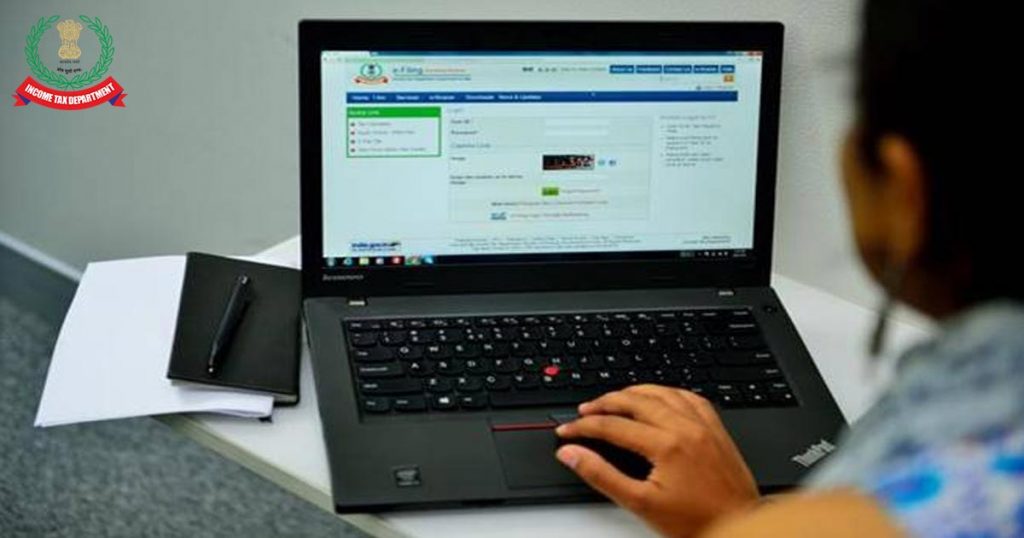
Central Board of Direct Taxes (CBDT) is marching forward towards “Digital India” and it has framed its mind to utterly knock off the manual processing with the taxpayers. The orders of the same have been given to income tax officials. As per this major policy conclusion, the tax officials will be able to have only digital communication with taxpayers which implies a big “NO” for paper-based exchange of information.
The order will become operative from October 2019, after which any information associated with assessment, investigation, penalty, appeals or rectification, will be allowed to be transmitted digitally only and the communication which will not comply with the guidelines defined by CBDT shall be treated invalid.
Read Also: All About Digital Signature & How to Use in ITR Filing
CBDT chairman Sudhir Chandra expressed appreciation for this step saying that, “It’s a good step that the department is owning up the responsibility,”.
“All the assessment, appeals, orders, statutory or otherwise, exemptions, inquiry, investigation, verification of information, penalty, prosecution, rectification, approval, etc issued on or after October 1, 2019, shall carry a computer generated Document Identification Number (DIN) duly quoted in the body of such communication,” said the CBDT of India.
All these documents which are related to appeals, investigation, penalty etc will have a unique Document Identification Number (DIN) i.e. a computer-generated identification number (DIN) embedded in it. According to CBDT, this DIN will upkeep an appropriate paper-based trail.
DIN guarantees to the taxpayers that the documents have been issued by the Income Tax Department and a taxpayer can easily & promptly ignore any such document which does not have any DIN.
“Now you can be sure that a particular communication has indeed been issued by the department. If it doesn’t carry the unique Document Identification Number (DIN) then you can simply ignore it, Sudhir Chandra told Financial Express Online”.
CBDT told that the Income Tax department had already started communicating electronically on the Income Tax Business Application (ITBA) platform to nail down the transparency. But the board observed that some of the information is still transmitted in a paper-based manner to the taxpayers which lead to improper maintenance of audit trail. So, the Board decided to exercise this stringent rule that bans manual communication completely and will invalidate all such communications post-September, this year.
Recommended: Incomplete ITR Details May Face up to 200% Penalty, See How!
“Any communication which is not in conformity with the prescribed guidelines shall be treated as invalid and shall be deemed to have never been issued,” CBDT clarified in a statement. However, now also in some exceptional cases, the way of communication will still be manual and these extraordinary cases have been differentiated and stated by the CBDT.
Such cases would need to be approved by the respected chief commissioner or director general of income tax and the consent should be in written form. In addition to this, the deadlines and course of action in this regard have also been specified by the CBDT. These manual conversations will be regulated and suggested to the Principal Director General of Income-tax.









